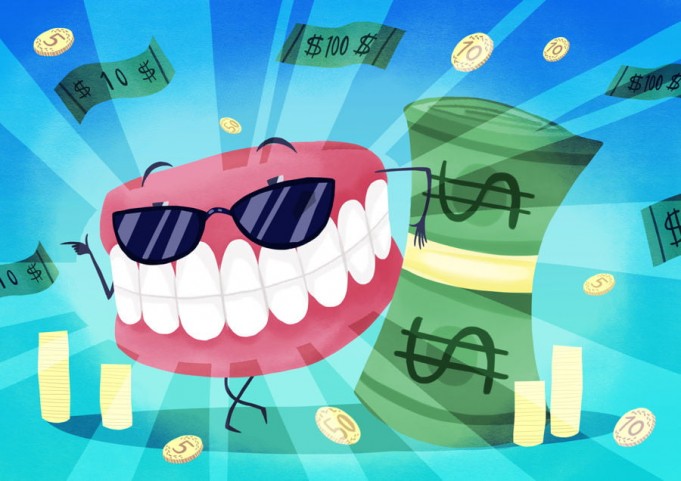How to Save Money at the Dentist
According to a recent report by the Healthcare Research and Quality, the amount Americans spend on dental visits has increased significantly. Many people, after their retirement, realize that Medicare does not cover the expenses of their routine dental care. Dental care can be expensive, so here are some tips on how to save money at the dentist.
Maintain good oral hygiene by brushing twice every day. Floss between your teeth regularly and use a fluoridated toothpaste for brushing your teeth. Use a toothbrush that has soft bristles to clean your teeth.
Dental Insurance
Signing up for dental insurance is a good way to save money at the dentist. So if dental insurance is offered at your work make sure that you sign up for it.
Dental Savings Plans
Dental savings plans are also beneficial to decrease the costs of dental care. However, the dental savings plan is not as comprehensive as dental insurance. You can have access to a large number of dentists who offer a discount rate of up to 50% for their members by paying an annual fee between $80 and $200. You can search and find the best dental plan for you by visiting DentalPlans.com. Another site that allows you to find a dental school or a community center is toothwisdo.org.
Dental School Programs
Visiting dental schools is a great way to cut down your dental bills. To find dental school programs in your region, visit the American Dental Association website. Community health centers also frequently offer dental care at lower costs. Try negotiating with your regular dentist for a discount. Websites such as FairHealthConsumer.org and HealthCareBlueBook.com lets you look allows you to look up and the costs of various healthcare procedures in your region. This will allow you to comparison shop the prices of dental services just like any other service.
Dental X-rays
Avoid unnecessary procedures in dental care. Find out if the procedure that your dentist is suggesting is a medical necessity or not. For example, teeth whitening is a process that is often suggested by dentists, but this is a cosmetic process and not a medical necessity. This will most likely be not covered in dental insurance as well. X-rays are not always necessary. Dental x-rays are only necessary once every two or three years unless you have a cavity in your teeth. So opting out of procedures that are not an immediate necessity can save you a lot of money at the dentist.
Pre-Tax Dollars
You can also utilize your pre-tax dollars to save a significant amount of money at the dentist. A Health savings account (HAS) or a flexible spending account is (FSA) is offered by many employers. To deal with your future healthcare expenses, you can contribute pre-tax dollars to either of these accounts. It is also recommended to set up an automatic deduction to your account to your health savings account (HAS) or a flexible spending account is (FSA).
Dental care can be expensive, but it can be made affordable by putting the tips discussed in this article to practice.









